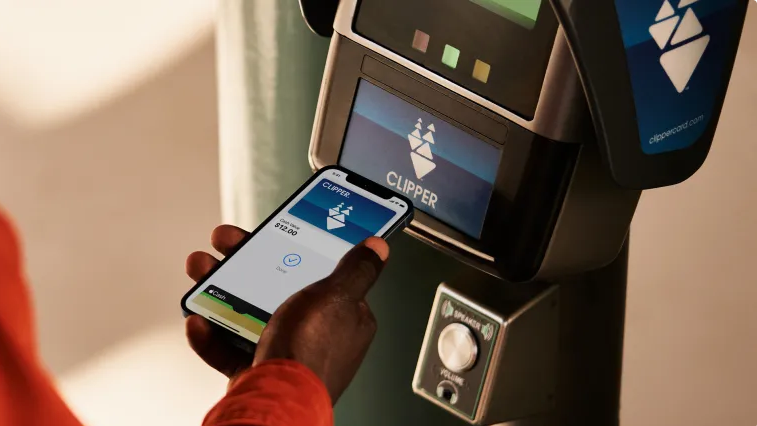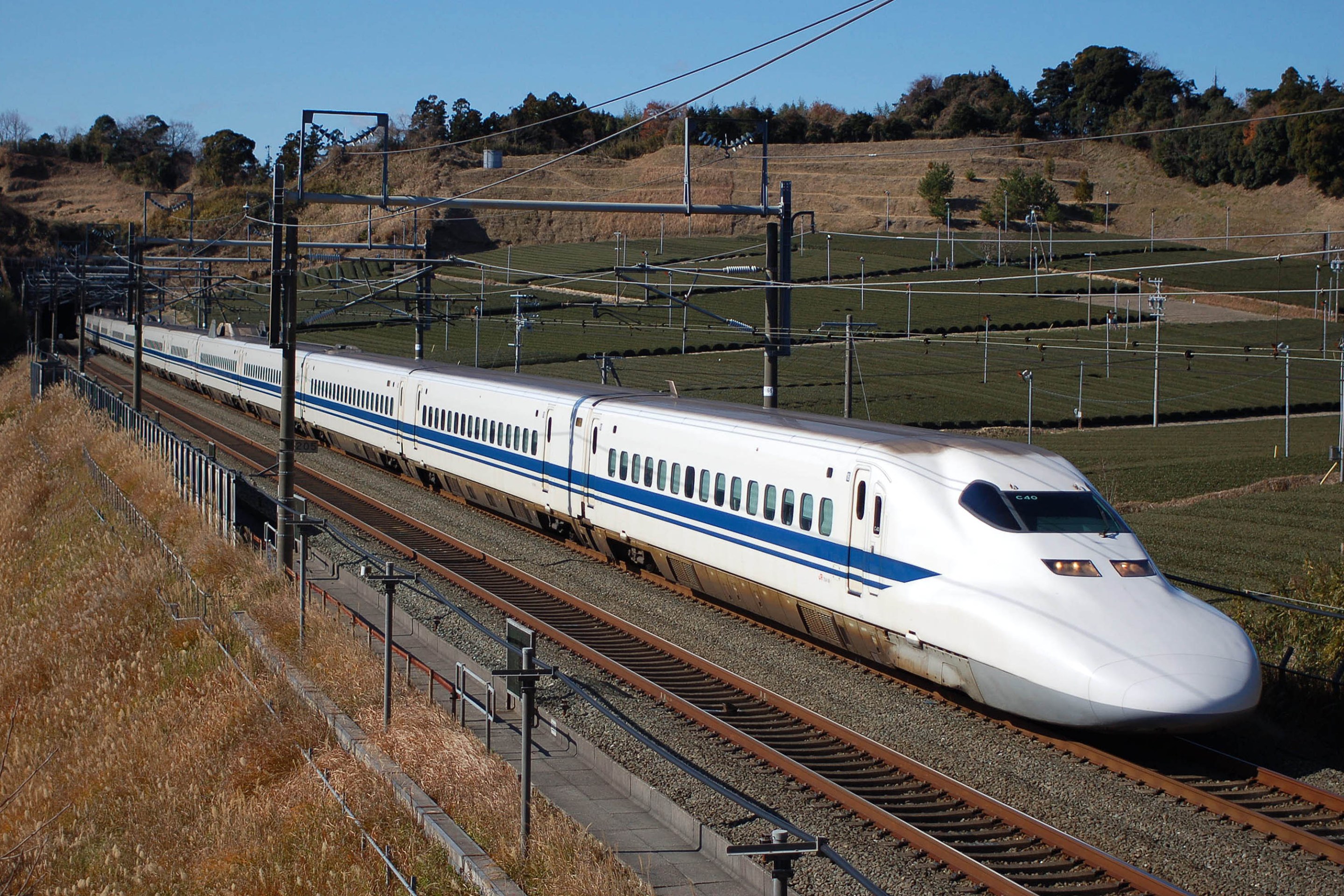Note: GJEL Accident Attorneys regularly sponsors coverage on Streetsblog San Francisco and Streetsblog California. Unless noted in the story, GJEL Accident Attorneys is not consulted for the content or editorial direction of the sponsored content.
Thanks to a conflict between a union local and the management at UC Berkeley, some 12,000 students and workers will lose access on July 15 to the Metropolitan Transportation Commission's "Bay-Pass," a Clipper card that is accepted seamlessly across nearly all of the Bay Area's transportation systems.
The MTC is now halfway into its "Bay-Pass" pilot, a two-year proof of concept trial of a universal pass for the Bay Area's transit operators. This was a direct result of the hard work of advocates at Seamless Bay Area, who are trying to integrate fare payment among the region's 27 transit agencies.
The Bay-Pass was issued to random groups of students and some residents of low-income housing. It works much the way monthly passes do in London, Zurich, or, well, any other city with a rational fare-collection model: it is accepted, with no charge for transferring between systems, on all transit vehicles regardless of the actual agency that operates them.
The test is showing good results. "The highly successful Bay-Pass pilot program has increased transit ridership by 35 percent or more among participants," according to Adina Levin of Seamless Bay Area.
One of the main participants in the program, UC Berkeley, has for years issued students a card that allows them unlimited rides on AC Transit. Some graduate students were randomly chosen to participate in the Bay-Pass program, funded by MTC (not UC Berkeley). They were issued special Bay-Pass Clipper cards that also give them unlimited rides on other Bay Area systems, notably BART - which normally charges according to distance traveled. But UC Berkeley grad students who were issued the special Clipper passes will lose their universal access sometime this summer, and again be limited to free rides only on AC Transit.
"The United Auto Workers, which represents graduate students employed on campus as well as non-student employees, demanded that UC Berkeley withdraw from the Bay-Pass pilot unless the program is made available immediately to 100 percent of their represented members," explained Levin.
She added:
UAW is objecting to the concept of a pilot program that is made available to a random sample of people - the gold standard studying the impact of a policy change. It is ironic that a world-renowned educational institution would pull out of a well-designed study because it is well-designed. The union also objects to a program that is available to students but not all employees. However, the single-agency Class Pass has been paid for by and made available to students since 1999.
Connor Jackson, a spokesperson for the UAW, told Streetsblog that the union supports providing its members with environmentally friendly transit options. However, "our contract assures it applies to all workers equitably." He blames U.C. Berkeley management for pulling out of the program instead of coming up with a solution that would provide the same benefit to all its workers. UC Berkeley management, meanwhile, did not offer a comment by press time.
According to Griffiths, the loss of 12,000 UC Berkeley students isn't a show stopper--the pilot still has about 38,000 participants who are proving that fare integration increases ridership on all systems.
And from Streetsblog's view, it's already obvious fare integration is not going to reduce ridership or overall transit fare-box revenue in the Bay Area; that would be the opposite of what's happened in all other regions in the world where it's been implemented.
Nevertheless, "as the Bay Area moves forward to plan a regional funding measure, the proof of ridership growth shown by the Bay-Pass pilot is powerful, confidence-building evidence that the Bay Area can increase transit ridership by making the system more integrated, convenient and affordable," wrote Levin. "Pulling UC Berkeley out of Bay-Pass is self-destructive for students, employees, the university and the region."






